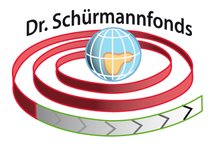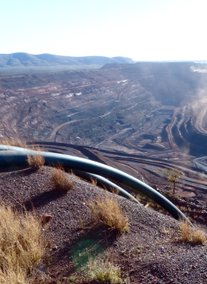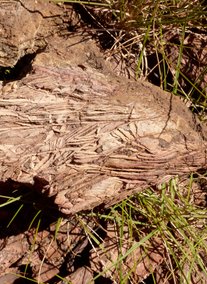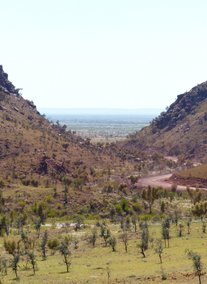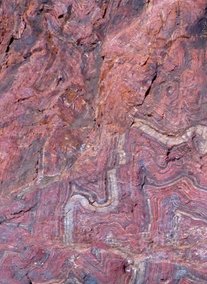Dr. Schürmann Foundation
GRANT
APPLICATION
Grant criteria
1.Subsidies granted by the Dr. Schürmann Foundation (SF) are preferably intended for field research of Dutch graduate geologists and non-Dutch graduate geologists, provided they are employed by a Dutch research organization.
2.The SF is open to research of the Precambrian Earth in a broad sense (covering the entire Precambrian). When the requests for grants exceed the financial resources of the SF, choices may be necessary (e.g., in favour of research concerning the early Archaean), but always the quality of the application will prevail.
3.The SF is open to multidisciplinary earth science: petrology, metamorphic petrology, ore geology, sedimentology and stratigraphy, structural geology, geodynamic evolution, 'early life', evolution of oceans and atmosphere (insofar this is reflected in the solid earth), etc.
4.Field Research projects eligible for SF grants are
a.single exploratory (‘reconnaissance’) research
b.new small research projects (around 1-3 years)
c.small research projects that are connected to previous research or other (large) research
projects (of limited duration)
d.large-scale multi-year projects.
5.The SF has had preference for large-scale multi-year projects, since the beginning of this century. Examples include projects in the Palaeo-Archaean of Western Australia and South Africa, the Pan-African of Namibia and the Archaean of Zimbabwe (stopped for political reasons). These large projects can only be carried out successfully in cooperation with earth science institutes in the Netherlands and abroad.
6.Projects eligible for subsidies should be well defined (problem definition, approach and expected results). Preferably coherent and problem-oriented research, which is related to current research themes, are subsidized. The feasibility (logistics, security, etc.) will also be taken into account in the grant decision.
7.Each project has a start and (planned) end date. SF-funded projects can not go on forever, not even the so-called multi-year projects. Extension of subsidy should be based on the results obtained from previously subsidised research.
8.Only to a limited extent, laboratory tests and analyses can be subsidised, but at most, in addition to the contribution (financially or in kind) of the (research) institution to which the applicant is attached.
9.Students may participate in SF projects but the costs of their training are not eligible for a SF grant.
10.Symposium- or conference attendance - to draw attention to research results, obtained with help of the SF, is only supported in exceptional cases.
11.Salary costs are not subsidised.
